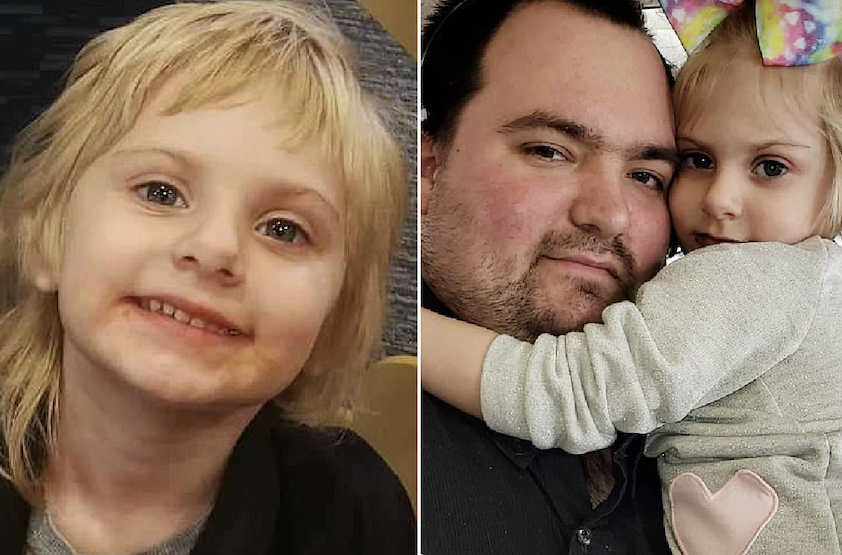
Minnesota – A Minnesota man was sentenced to four years for second-degree mansIaughter in connection with the last year’s death of his child following a severe astthma attack. The defendant, 35-year-old Antony, had pleaded guilty to the charge earlier this year, acknowledging his role in the events leading to his child’s death.
The tragic sequence began in Feb. last year when the child attended a sleepover at a friend’s house. The following morning, she experienced a severe asthma attack. The friend’s parent noticed that the girl’s inhaIer, which bore her grandmother’s name, was ineffective in alleviating her symptoms. The girl explained she was using her grandmother’s inhaIer because her own had been empty for a month, and her parents had not refilled it.
Concerned, the friend’s mother contacted the defendant, offering to take the girl to a doctor. The 35-year-old man declined the offer and requested that the girl be brought home instead. Upon her return around 7:30 a.m., the girl was visibly struggling to breathe and could barely walk. Despite her condition, neither the defendant nor his spouse, RacheI, sought immediate medical attention. Instead, they attempted home remedies, including a steam bath, which proved ineffective.
Later that morning, a family friend visited the family’s residence in Minnesota and found the girl in distress—her skin was blue, she was unable to raise her arms, and she was crying. Recognizing the severity of the situation, the friend called 911 at 10:39 a.m. Emergency responders arrived, and the girl was transported to the hospital, arriving at 10:57 a.m. She was admitted to the intensive care unit but, despite medical efforts, was declared brain-dead on February 17 due to prolonged oxygen deprivation related to the asthma attack.
During the investigation, the defendant informed police that his daughter had begun experiencing asthma symptoms on February 8 but seemed to improve the next day. He admitted to knowing that her inhaIer had been empty for a month and had not been refilled. Medical experts consulted during the investigation emphasized that earlier medical intervention could have significantly increased the girl’s chances of survival. They also noted that home remedies like steam baths are not recognized treatments for asthma attacks.
In addition to his prison sentence, the defendant was granted 87 days of credit for time already served and was ordered to pay over $100 in fees. His wife, RacheI, was previously sentenced in January 2025 to forty one months in prison after pleading guilty to second-degree manslaughter for her role in their daughter’s death.
The case has drawn attention to the critical importance of timely medical intervention in managing asthma attacks, especially in children. Medical professionals and child welfare advocates stress that recognizing the signs of severe asthma and seeking immediate medical care can be life-saving.